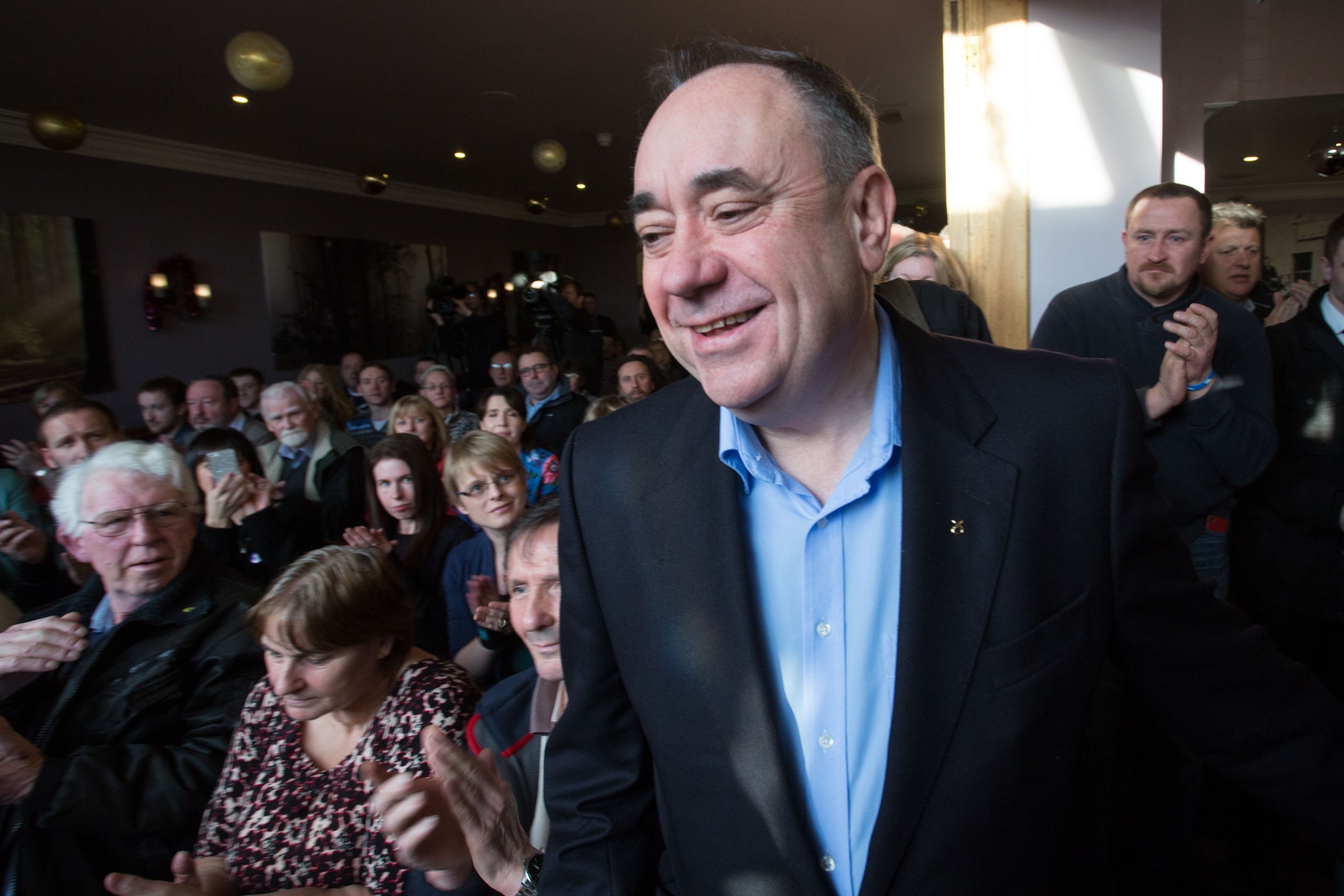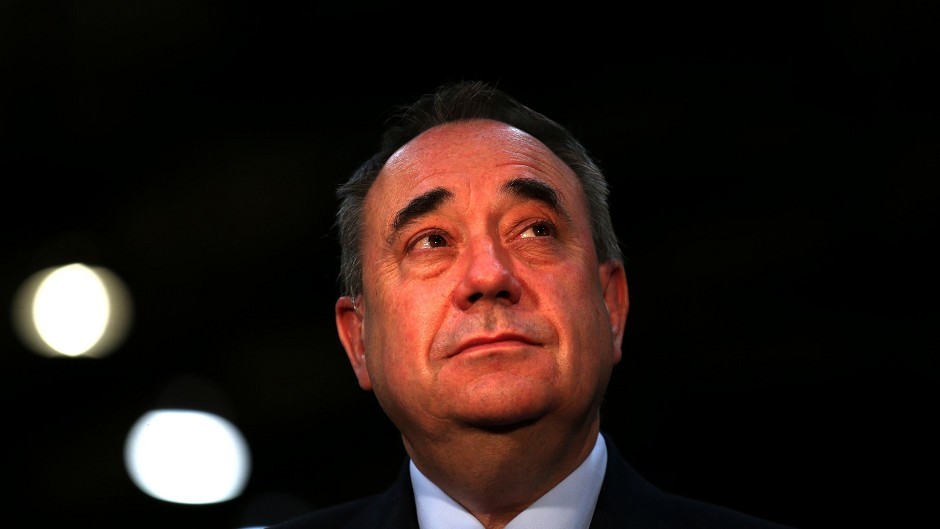As Alex Salmond secures his return to front-line politics, Calum Ross looks at what the next chapter may hold for the former first minister, his party and the country.
A range of emotions are likely to have been triggered by the news of Alex Salmond’s victory in Gordon.
For the former first minister himself, there will have been a sense of relief.
Reputedly a gambler, he will have known there was an element of risk involved in standing for Westminster again, as defeat would have represented an embarrassing end to the career of one of Scotland’s most prominent politicians.
But despite calls for anti-SNP tactical vote, the result never really seemed in doubt.
In many ways it would have been strange if Mr Salmond was not celebrating along with his colleagues on what appears to be a historic night for a party which he helped build into the force it is today.
The MSP for Aberdeenshire East will now be relishing his imminent return to the place where he made his name as MP for Banff and Buchan from 1987 to 2010.
Westminster watchers and commentators will also be intrigued by the prospect of seeing one of the biggest beasts in British politics take his seat on the green benches of the House of Commons once again.
They will know that drama is rarely far away from the man who interrupted the 1988 Budget speech, and led Scotland to the brink of independence last year.
Some of his political opponents may be less enthused and even nervous by the thought of his return, on the other hand.
When he announced his intention to resign after seven years as first minister on September 19 last year, Mr Salmond said the SNP must now “hold Westminster’s feet to the fire” to ensure further powers are transferred to Holyrood.
It seems likely that he will now personally play a key role in that process, making life difficult for the other UK leaders whenever the opportunities present themselves.
They would never admit it, but some of his colleagues may even have mixed feelings themselves about the latest chapter in the story of the 60-year-old from Linlithgow.
Questions remain over who is actually going to be in charge of the UK Parliament’s enlarged group of SNP MPs, as Mr Salmond takes his seat alongside Westminster leader Angus Robertson and the party’s deputy leader Stewart Hosie.
Even for his successor Nicola Sturgeon, who was the star of the UK election campaign in many people’s eyes, there might be a concern privately about what her headline-grabbing mentor will say and do on a day-to-day basis, and whether it will undermine her authority and her less divisive style.
Mr Salmond’s return, combined with the election of a number of new MPs who are relatively unknown quantities, makes it certain that the SNP’s role at Westminster will change over coming years, although it remains difficult to predict the impact.
Some will hope that this election is remembered in years to come as the high water mark of the SNP, before the surge slowly subsided.
Others will see the result as another major step towards Scotland’s independence day.
Either way, the verdict of the voters does not only represent a new chapter for Mr Salmond, but for the SNP, for Scotland and even British politics as well.
The newly-elected Gordon MP is likely to feature prominently in whatever unfolds next.

